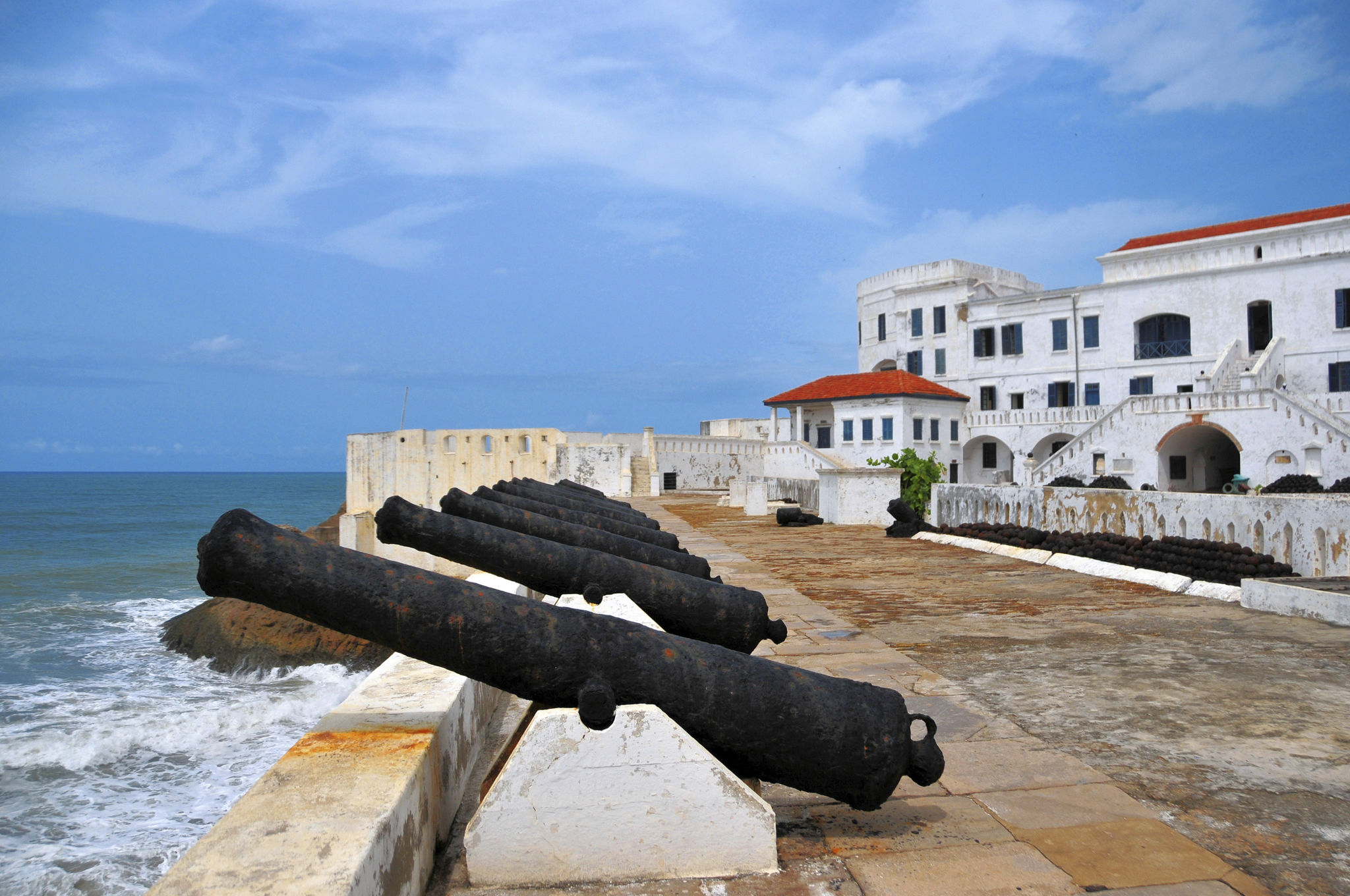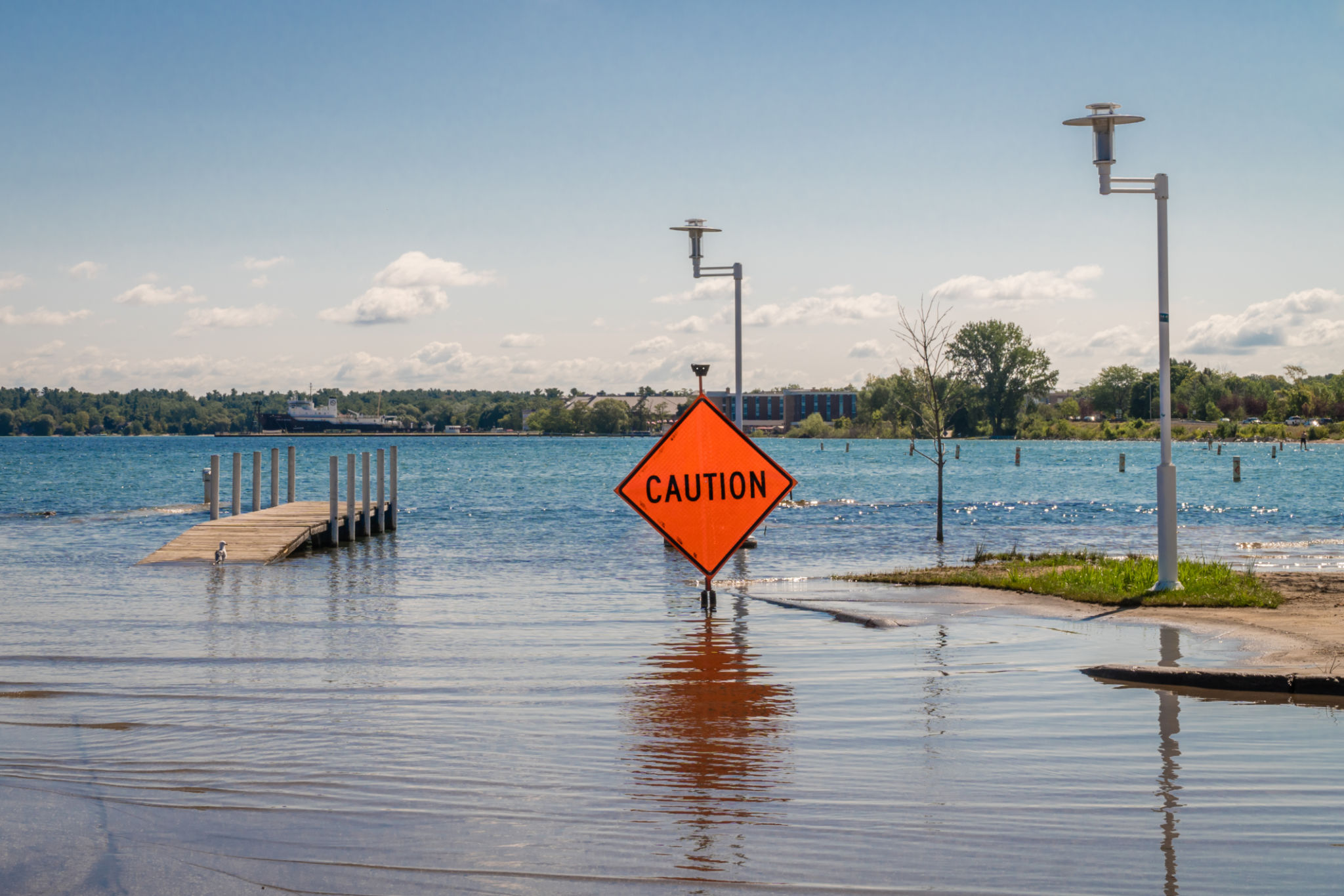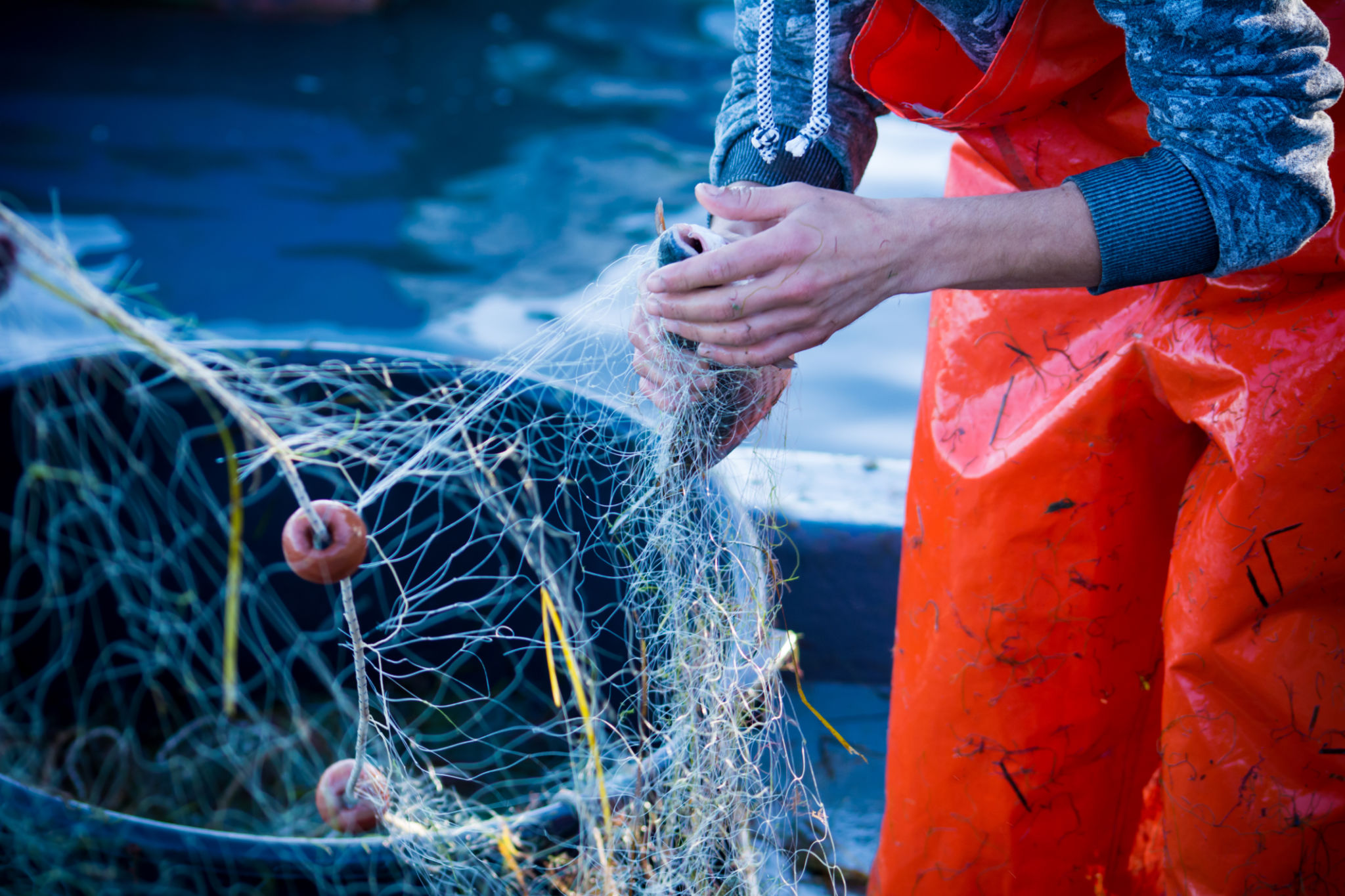Top Environmental Trends Affecting Ghana's Coastline
Introduction to Environmental Challenges
The coastline of Ghana is a vibrant and vital region that supports biodiversity, local communities, and economic activities. However, it faces several environmental challenges that threaten its sustainability. Understanding these trends is essential for implementing effective conservation strategies.

Coastal Erosion
One of the most pressing issues affecting Ghana's coastline is coastal erosion. This natural process is exacerbated by human activities such as sand mining and construction. The erosion not only leads to the loss of land but also threatens infrastructure and local communities. Efforts are needed to promote sustainable coastal management practices to mitigate this issue.
Climate Change and Rising Sea Levels
Climate change is having a profound impact on Ghana's coastline, primarily through rising sea levels. As global temperatures increase, so does the volume of water in the oceans, leading to the submersion of low-lying coastal areas. This phenomenon poses a risk to human settlements and coastal ecosystems, necessitating urgent adaptation measures.

Pollution and Marine Debris
Pollution, particularly from plastic waste, is a significant environmental concern. Marine debris not only affects the aesthetic value of beaches but also endangers marine life and habitats. Initiatives to reduce pollution involve community clean-ups and stricter regulations on waste disposal.
Overfishing and Biodiversity Loss
Overfishing in Ghana's coastal waters is a critical issue that leads to the depletion of fish stocks and disruption of marine ecosystems. This trend affects food security and the livelihoods of local fishermen. Implementing sustainable fishing practices and enforcing fishing quotas are vital strategies to address this problem.

Deforestation of Mangrove Forests
Mangrove forests play a crucial role in protecting coastlines from erosion and providing habitat for diverse species. Unfortunately, these forests are under threat from deforestation for fuelwood and development projects. Conservation efforts need to focus on preserving and restoring mangrove ecosystems to ensure their continued benefits.
Tourism Impact on Coastal Ecosystems
Tourism is an important economic activity along Ghana's coast, but it can also have adverse effects on the environment. Improper waste management, habitat destruction, and increased pollution are some negative impacts associated with tourism. Promoting eco-friendly tourism practices can help balance economic growth with environmental conservation.

Conclusion
Addressing these environmental trends requires a collaborative effort among government bodies, local communities, and international organizations. By implementing sustainable practices and raising awareness, Ghana can protect its coastline for future generations while maintaining its rich biodiversity and cultural heritage.